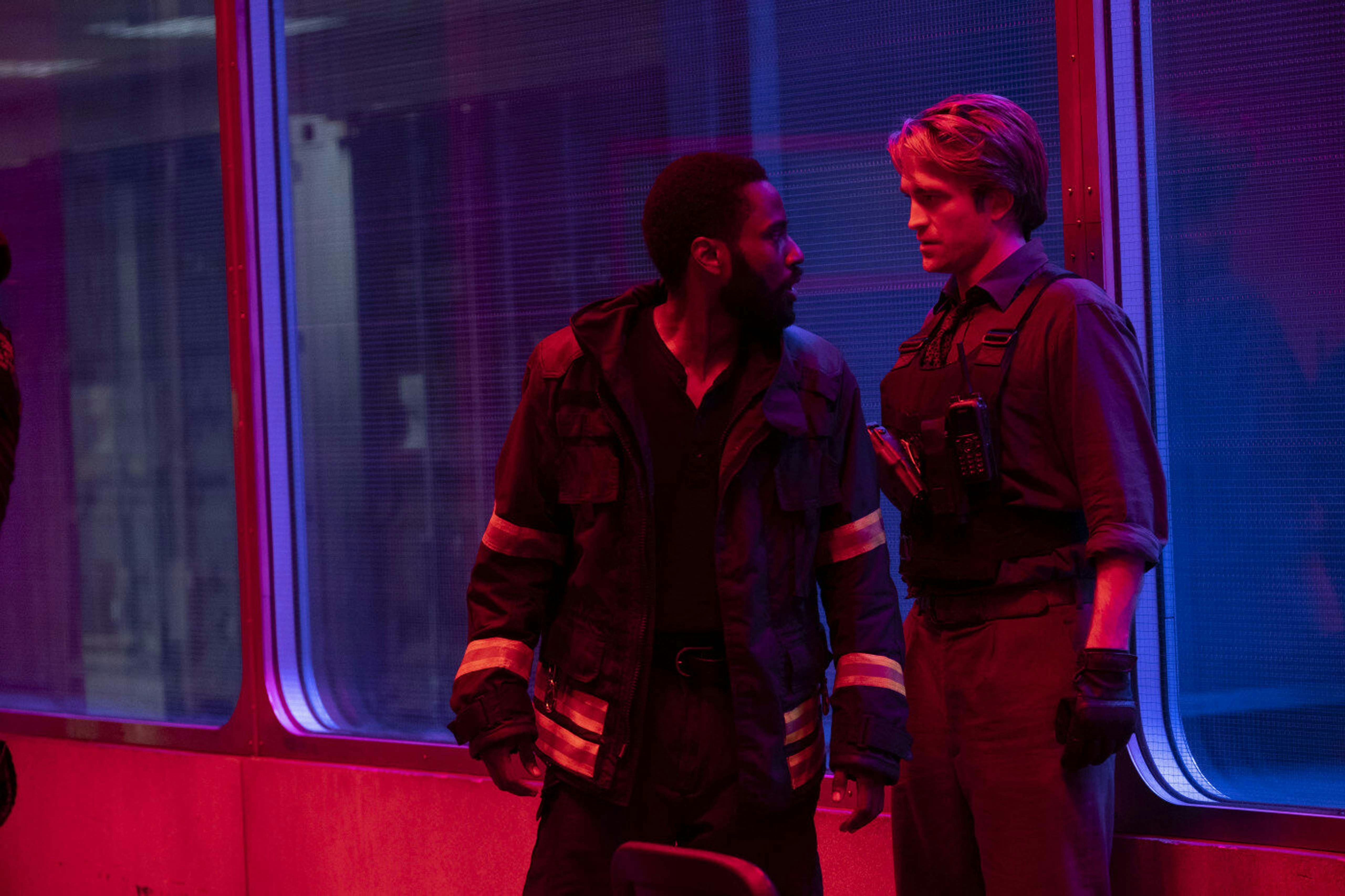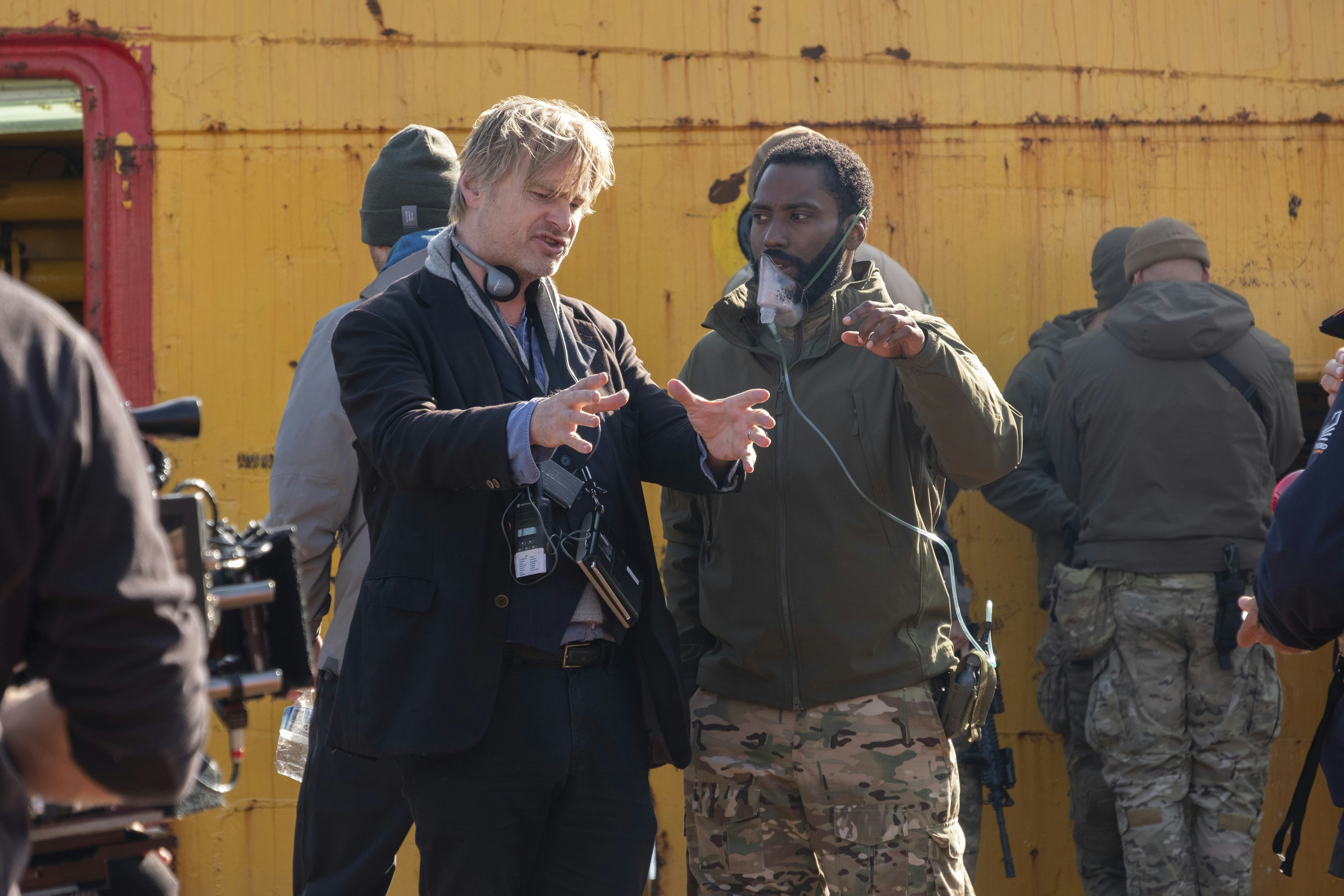
When we look back on Christopher Nolan’s career, Tenet is going to be among the easiest movies to forget about altogether. It was released in the middle of the 2020 lockdowns, and as a result, didn’t make a huge impression, even though it led the director to leave his long-time home at Warner Bros. for Universal, where he then immediately won Best Picture for Oppenheimer.
Back in 2020, the word on Tenet when it was released was that, while it had the signature Nolan flair, it was both incredibly complicated and lacked an emotional core. The notion of Nolan as a cold, calculating filmmaker has followed him throughout his career, and it’s at least somewhat earned. He’s arguably a clinical filmmaker, someone who seems to prioritize precision over naked emotion. What’s also true about Nolan’s filmography, though, is that he has long been obsessed with the way time can be played with in the telling of a particular narrative, and Tenet might be the apotheosis of that fascination.
And though it remains divisive five years later, it’s that fascination with time that also makes Tenet one of the most lovely, emotional stories Nolan has ever told. While there’s certainly plenty of real estate devoted to temporal pincer movements, the beating heart of this movie comes from the relationship between John David Washington’s unnamed Protagonist and Robert Pattinson’s Neil, a man who first emerges as his British handler.
Unfortunately, the deep heart of Tenet is something you can only fully appreciate the second time you watch it. The movie, which is set in a world where people can move either forward or backward in time and is focused on a battle against the future, is hard to wrap your brain around no matter how many times you’ve seen it. What you learn about Neil, though, helps the movie’s emotional dynamics come into complete relief your second time through.
What we learn at the end of Tenet is that Neil is about to give his life to save the protagonist, and just as crucially, he’s known him for years. The two of them have been friends this whole time, which is why Neil seems so immediately endeared to a man he seems to have never met before. Pattinson’s entire performance is chummy and familiar, and the first time you watch Tenet, you assume that’s because he’s playing a generally approachable guy. On rewatches, though, you come to understand that Neil is hanging out with his best friend, and simultaneously realize that this is the end of the time they get to spend together.
Tenet, then, is about a friendship between two men who are living on different ends of it. Neil is at the end of his time with the Protagonist, and the Protagonist is just meeting the man who will become his friend for years. It’s hard to wrap your head around, but rewatching the movie with that information in mind also fundamentally changes how you see their relationship, and how the Protagonist sees it, too.

During his final interaction with Neil in the film, the Protagonist chokes up for the only time in the whole movie. He knows that Neil is about to go save him and the entire world, but also understands that he’s losing someone who is going to become very important to him.
This isn’t the first time that Nolan has used time to illustrate the power of human connection. Interstellar is, at its core, a movie about the transcendent power of love. Love is a force that exists across all space and time, and the movie is ultimately about how only the bond between a father and daughter can save the entire planet from ruin.
Tenet pulls a similar trick, but puts the bond between two men at its center instead. We are watching both a meeting and a farewell, and by collapsing the distinction between those two categories, Nolan suggests that a deep human connection can never be understood in a purely linear fashion.

“For me, this is the end of a beautiful friendship,” Neil says as he’s walking away from his friend for the last time. “And for me it’s just the beginning,” the Protagonist responds. If you read this moment on its surface, it feels like one last twist, a final moment of timeline chicanery to remind you just how little you understand about this movie’s central mechanic.
What Nolan is actually doing, though, is suggesting that the end and the beginning can be one and the same. The people we really love are usually the people we feel like we’ve known our whole lives. With the literalizing power of his movie camera, Christopher Nolan is making that metaphor real. Neil says goodbye, and the Protagonist says hello.







